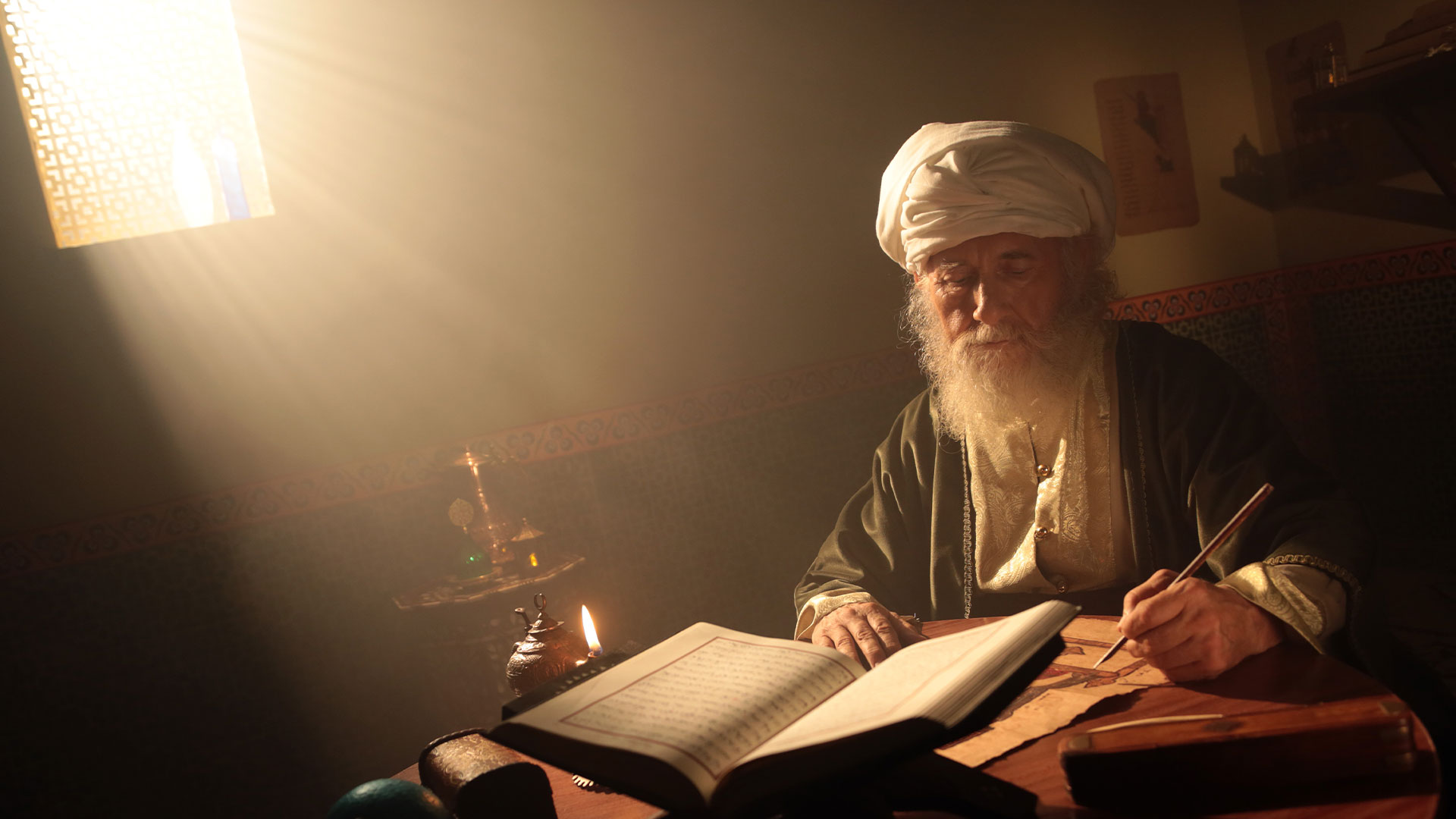
What was early Islam’s view concerning the previous Scriptures?
The previously mentioned allegations against the Bible did not exist when Islam was founded nor in the earlier years after Prophet Muhammad (pbuh). Early Muslim believers, just as the Qur’an taught, had great respect for all the Scriptures since the Qur’an uplifted the Previous Revelations. True believers had no reason to disqualify them. However, later there were some scholars who wanted to limit the believers to only read the Qur’an and to avoid the Bible (the Previous Revelations). Therefore, allegations against the Bible were created in order to justify the idea that the Bible, which was the Word of Allah, should not be read. The believers (Muslims) of the Prophet’s time and the succeeding generation would have scorned the miserable scheme of those who allege that the Tawrat and Injeel (the Bible) were changed by the Jews and Christians. Such a supposition runs contrary to the confirmation of the Qur’an and is against the views of the early scholars of Islam as shown in the following exposition.
1. Abdullah Ibn Abbas (619 - 687 AD)
One of the earlier Tafsir (commentaries) was written by Abdullah Ibn Abbas, a cousin of the Prophet and one of the sahaba (close companions of the prophet).

“The word Tahrif (corruption) signifies to change a thing from its original nature; and that there is no man who could corrupt a single word of what proceeded from Allah so that the Jews and Christians could corrupt only by misrepresenting the meaning of the words of Allah.”
In another book, Ibn Abbas’ statement is repeated:

“‘They corrupt the word’ means ‘they alter or change its meaning.’ Yet no one is able to change even a single word from any Book of Allah. The meaning is that they interpret the word wrongly.”
Ibn Kathir recorded the same statement of Ibn Abbas:

“As for Allah’s books, they are still preserved and cannot be changed.”



What was early Islam’s view concerning the previous Scriptures?
The previously mentioned allegations against the Bible did not exist when Islam was founded nor in the earlier years after Prophet Muhammad (pbuh). Early Muslim believers, just as the Qur’an taught, had great respect for all the Scriptures since the Qur’an uplifted the Previous Revelations. True believers had no reason to disqualify them. However, later there were some scholars who wanted to limit the believers to only read the Qur’an and to avoid the Bible (the Previous Revelations). Therefore, allegations against the Bible were created in order to justify the idea that the Bible, which was the Word of Allah, should not be read. The believers (Muslims) of the Prophet’s time and the succeeding generation would have scorned the miserable scheme of those who allege that the Tawrat and Injeel (the Bible) were changed by the Jews and Christians. Such a supposition runs contrary to the confirmation of the Qur’an and is against the views of the early scholars of Islam as shown in the following exposition.
1. Abdullah Ibn Abbas (619 - 687 AD)
One of the earlier Tafsir (commentaries) was written by Abdullah Ibn Abbas, a cousin of the Prophet and one of the sahaba (close companions of the prophet).

“The word Tahrif (corruption) signifies to change a thing from its original nature; and that there is no man who could corrupt a single word of what proceeded from Allah so that the Jews and Christians could corrupt only by misrepresenting the meaning of the words of Allah.”
In another book, Ibn Abbas’ statement is repeated:

“‘They corrupt the word’ means ‘they alter or change its meaning.’ Yet no one is able to change even a single word from any Book of Allah. The meaning is that they interpret the word wrongly.”
Ibn Kathir recorded the same statement of Ibn Abbas:

“As for Allah’s books, they are still preserved and cannot be changed.”
